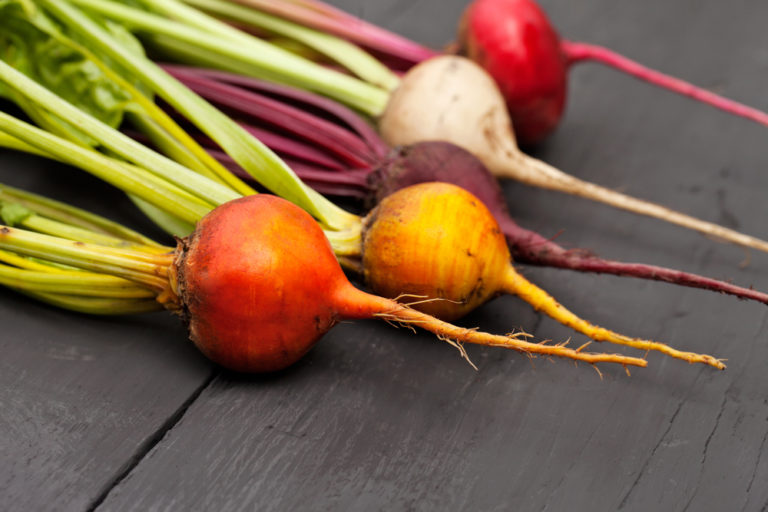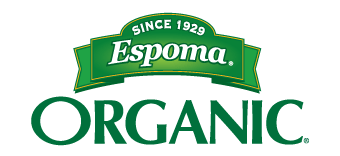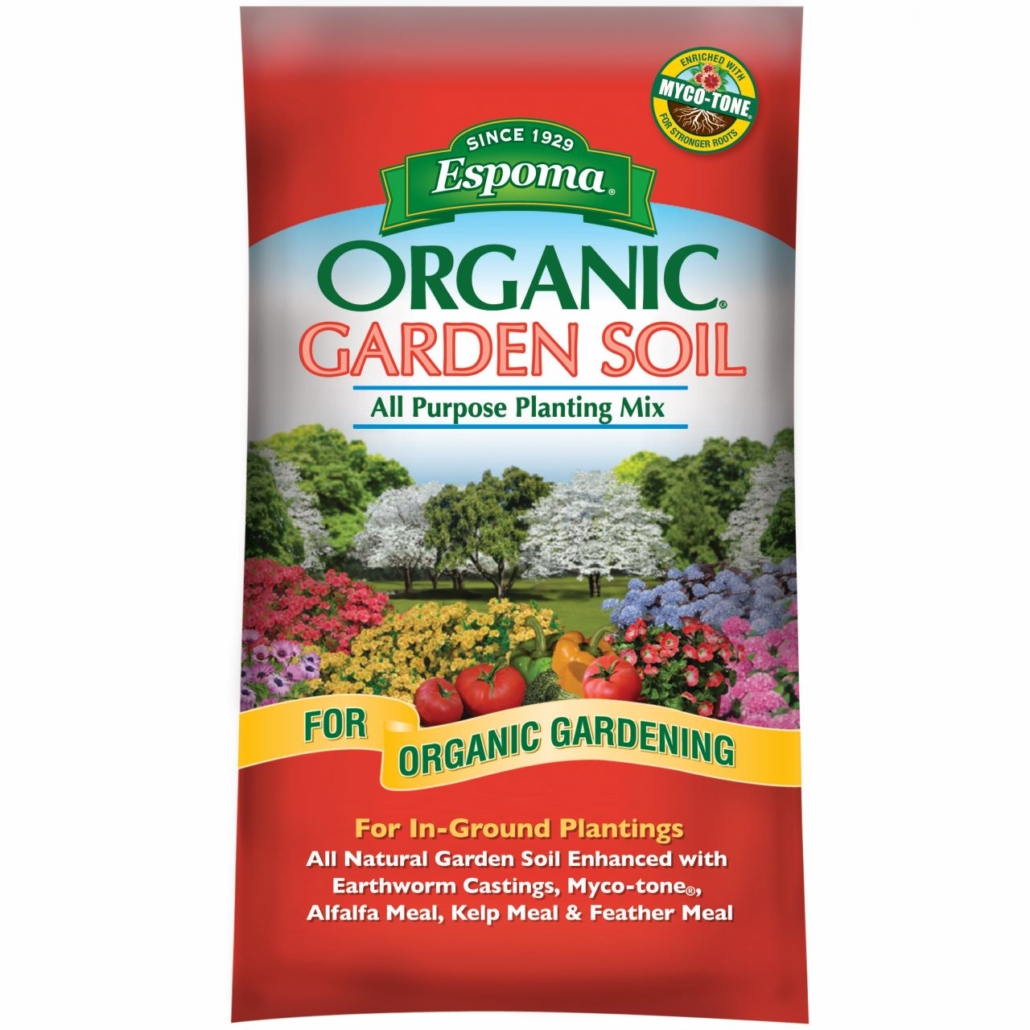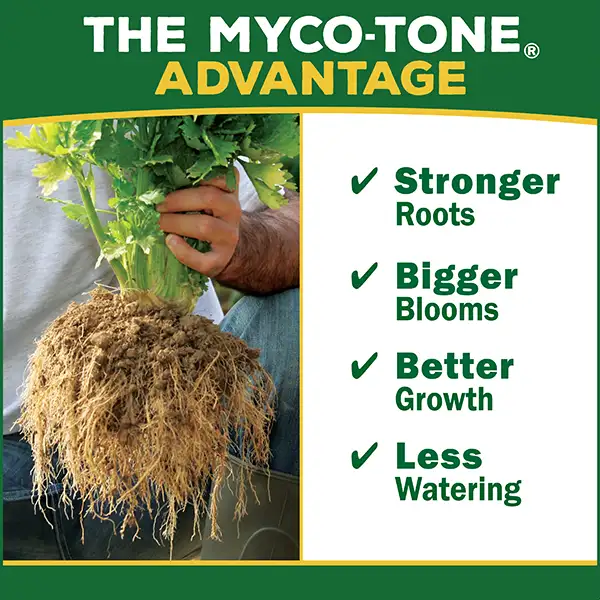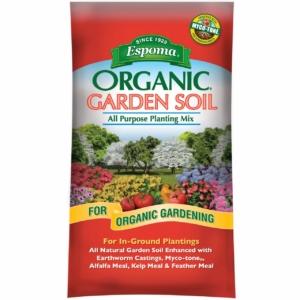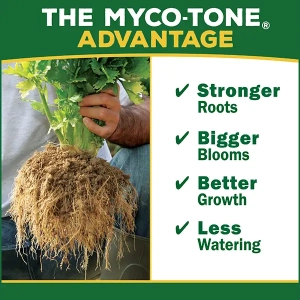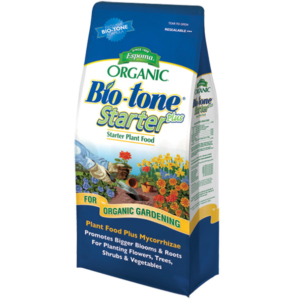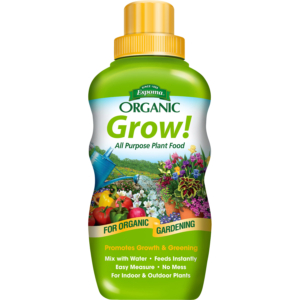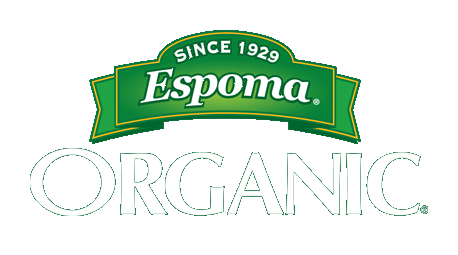All-Purpose Garden Soil
Espoma Organic All Purpose Garden Soil is the ultimate planting mix to use for all your vegetables, flowers, trees and shrubs! It contains a rich blend of the finest natural ingredients and is enhanced with earthworm castings, feather meal, alfalfa meal, kelp meal, yucca extract and our proprietary blend of mycorrhizae to ensure your plants grow deeper roots, greener foliage and more beautiful blooms.
- Use on All In-Ground Plantings
- Grow Bigger, More Beautiful Plants
- Contains Root Enhancing Myco-tone®
- 100% Natural & Organic Approved
- Safe for People, Pets, and Planet
For use on:
For inground planting.
When to use:
Mix with native soil at time of planting.
How much to use:
After marking bed location, work in garden soil and blended plant food to a depth of 3 to 4 inches. Plant, and water thoroughly.
How many 1 cu. ft. bags do I need?
Depth 2 in. 3 in. 4 in 6 in Raised Bed
Area
28 Sq. Ft. 2 3 4 6
48 Sq. Ft. 4 6 8 12
72 Sq. Ft. 6 9 12 18
96 Sq. Ft. 8 12 16 24
How to apply:
Mix thoroughly with native soil
Available in 1 cu. ft. bags
Ingredients:
This product contains from 60-70% processed forest products, sphagnum peat moss, humus, limestone to adjust to adjust pH, earthworm castings, alfalfa meal, kelp meal, feather meal, and yucca extract.
Active Ingredients:
Ectomycorrhizal Fungi: A total of 122.8 propagules / cc (3.4 million propagules per cubic foot) of the following 3 species:
Pisiolithus tinctorius 105.66
Rhizopogon luteolus 8.57
Rhizopogon roseolus 8.57
Endomycorrhizal Fungi: A total of 0.072 propagules / cc (2,040 propagules per cubic foot) of the following 4 species
Rhizophagus irregularis 0.018
Septoglomus deserticola 0.018
Claroideoglomus etunicatum 0.018
Funneliformis mosseae 0.018
Related Blog Posts
Growing Joy with Maria Blog: Fall Gardening Tips
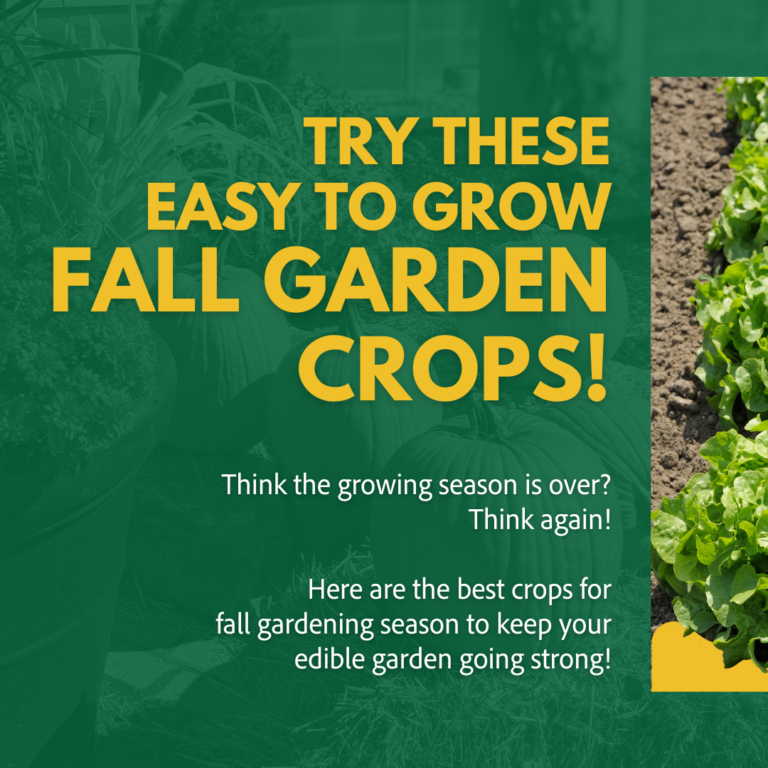
Growing Joy with Maria – Episode 120 Blog: Raised Bed Gardening
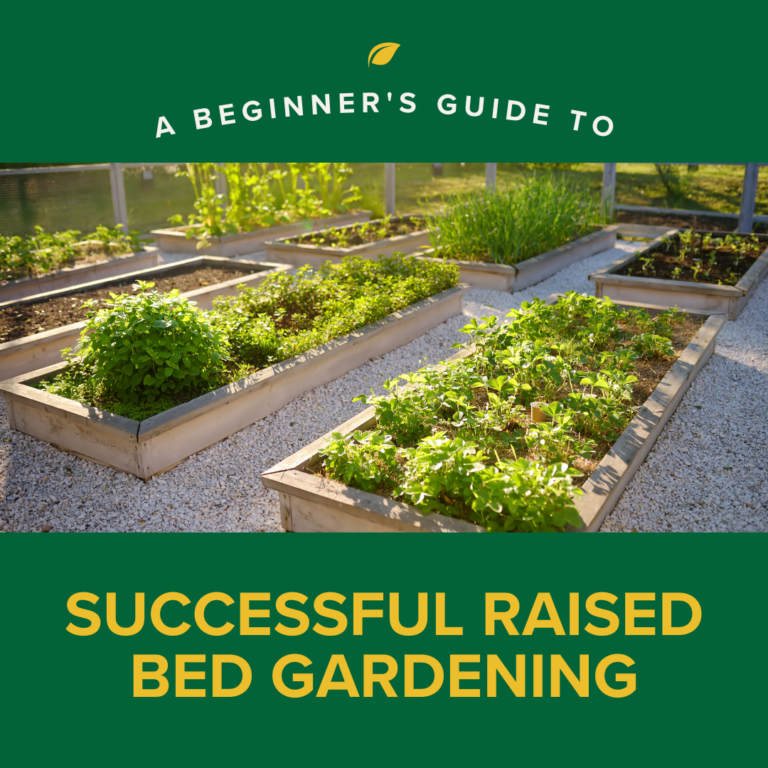
BAGR 89 Blog: Vegetable Gardening for Beginners
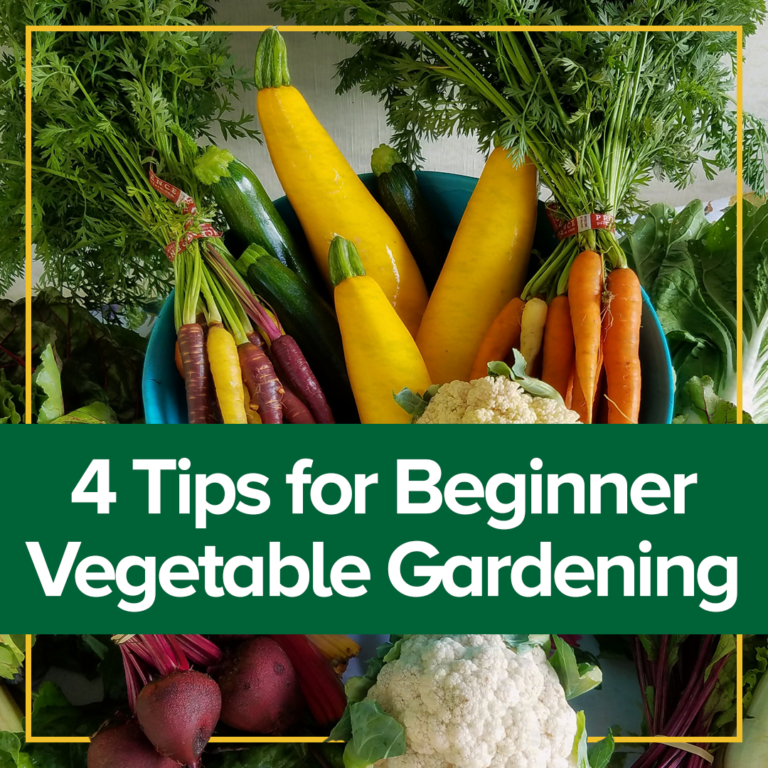
BAGR 117 Blog: Alocasia Care 101
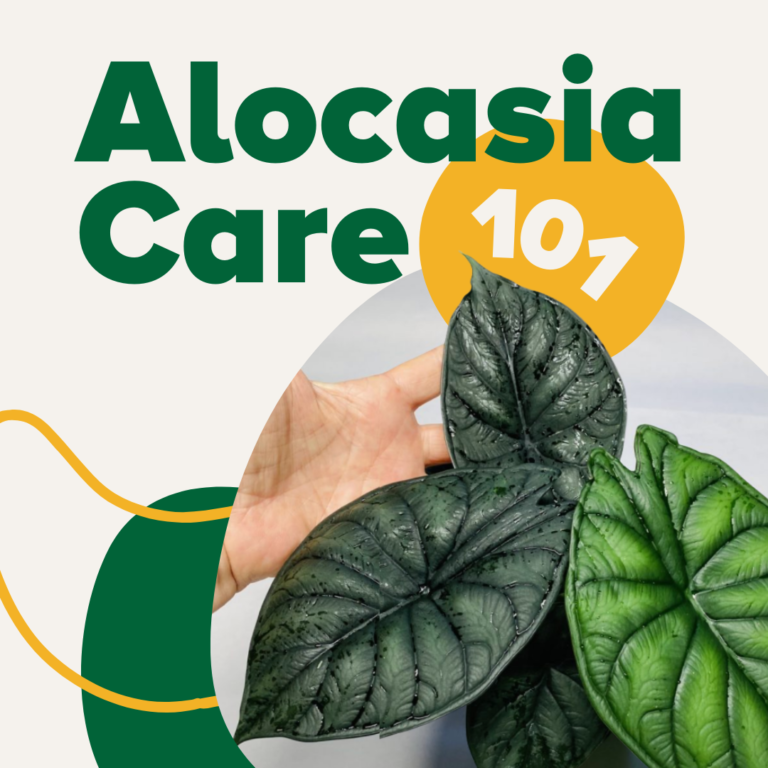
Use These Garden Staples to Avoid Being Bugged at Your Next Barbecue

The best indoor plants for small spaces

5 Deliciously Unique Fall Vegetables
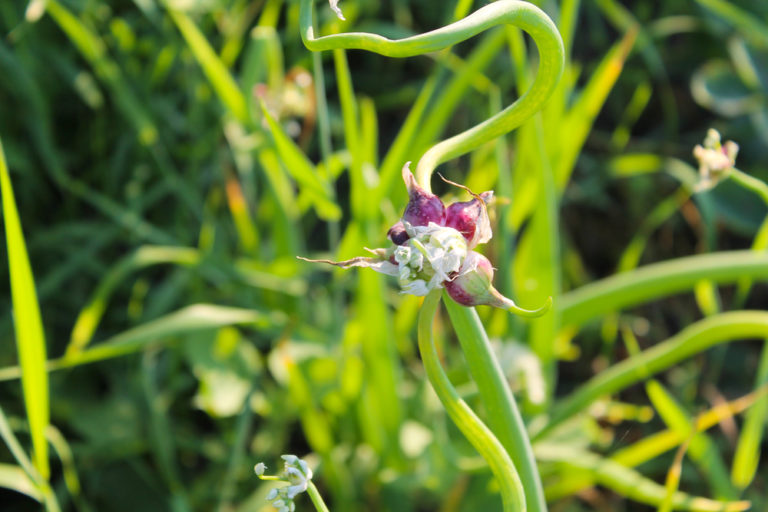
Build a Butterfly Garden for National Pollinators Month
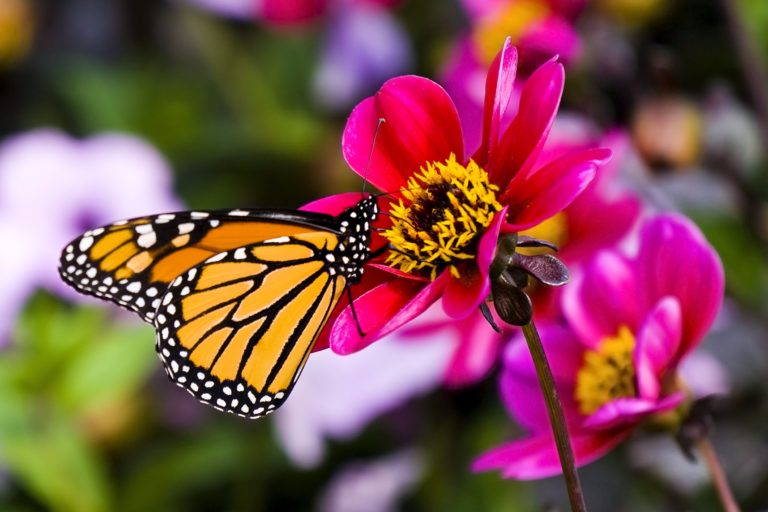
Spring Cleaning for Your Garden
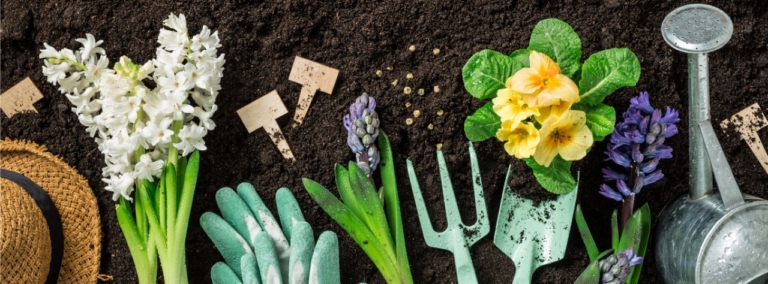
Guide to Starting Root Vegetable Seeds
